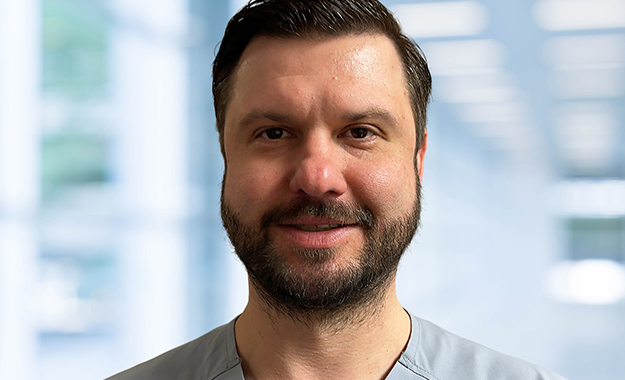Preventing Children’s Head Injuries

Tips to avoid head injuries for kids with bleeding disorders
Most children bump their heads from time to time. But for children with hemophilia or other rare bleeding disorders, head injuries can be dangerous.
Always contact your primary physician if your child experiences a head injury. Pay close attention to symptoms and any sign of injury for the next several hours. If you’re unsure what to do, call 911.
Head Injury Prevention
If an accident happens, you can prevent serious head injuries with education, preventive steps, and a speedy response time.
How can I prevent injuries?
- Use the appropriate size for car seats
- Properly restrain children in car using seat belts
- Infants and toddlers may need to wear protective helmets and knee pads when learning to pull up, walk, or while playing. Call ARJ for help with selecting and purchasing equipment
- Utilize safety belts in highchairs, seats, and mobile toys
- Always supervise your child
- Avoid risky activities; bring safety gear for sports and play
- Teach road and bike safety precautions early
When should I contact a physician if an accident happens?
- Complaints of headache; hurts “inside” the head, not just at the site of injury
- Changes in attitude or emotional state, including irritability, lethargy, or unusual behavior
- Seems confused or has trouble remembering things they should know
- Slurred speech or remarks that don’t make sense
- Complaints of ringing in ears or blurry vision
- Appears weak or unsteady on their feet
- Seems unusually sleepy or has less energy than normal
- Will not stop crying, refuses to eat, or shows symptoms of nausea
When should I call 911?
- Has a seizure or starts vomiting
- Stops responding to you and/or passes out
- Has blood or clear fluid coming out of their ears or nose
- Has different sized or abnormal looking pupils (dark center of eye)
- Looks like the top of their head is bulging up
What else should I know?
- DO NOT give any pain medicine until the doctor approves
- DO NOT leave babies or toddlers unattended or in places they could fall
- DO NOT wash a head wound that is deep or bleeding
- DO NOT remove anything sticking out of a wound
- DO NOT shake the child if they seem dazed or confused
Whatever You Need, We Got You.
If you have questions about head injuries or require protective gear for your child, please reach out to a PromptCare team member at 866-776-6782.
October 13, 2023


